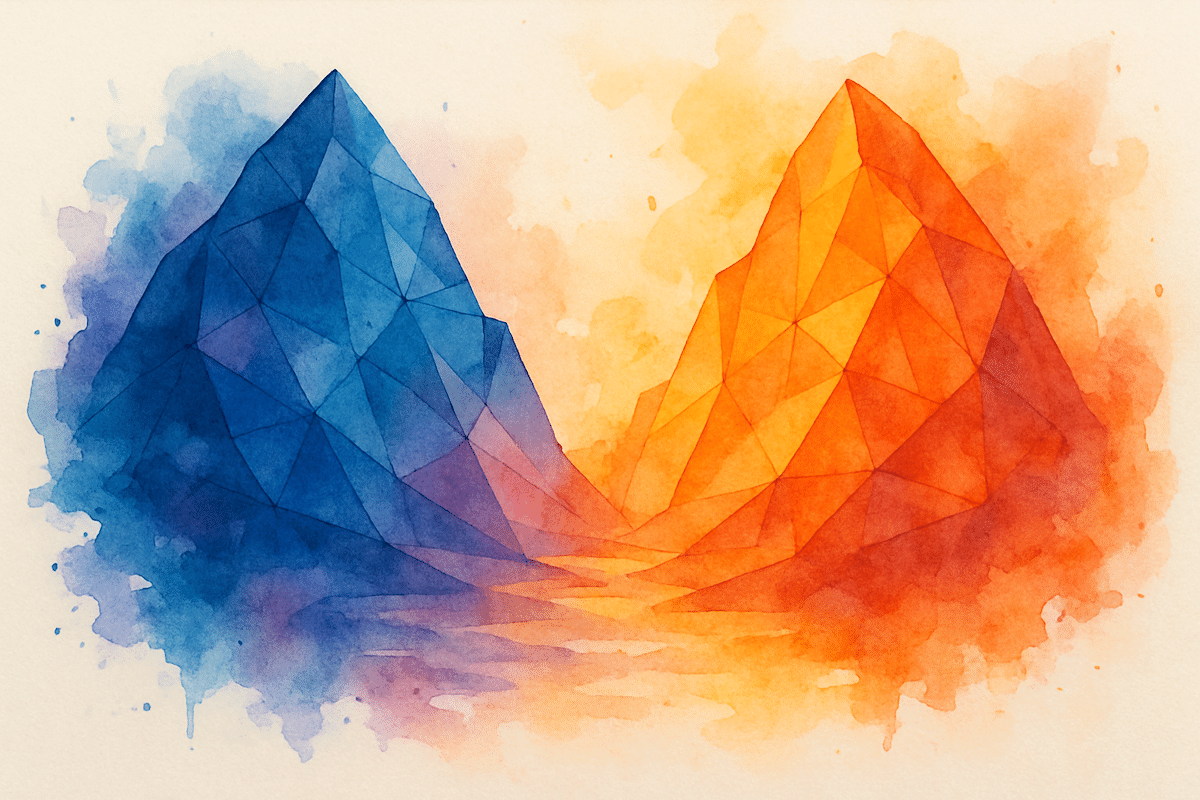May is Mental Health Month is a campaign to raise awareness about the importance of good mental health and part of this year’s theme is Animal Companionship. Animals have a proven impact on the quality of life and mental health. Research shows that for individuals receiving treatment for a mental illness, animal interventions help to reduce anger, anxiety, and depression. It also helps relieve general distress and improves the ability to socialize. At Selah House, our Equine Assisted Psychotherapy program allows our clients to interact with the animals to create an experiential and educational opportunity. Horses are used in therapy to help mirror an individual’s behavior and attitude, helping to surface important insights.
Equine Therapy at Selah House

We incorporate the Equine Assisted Growth and Learning Association (EAGALA) model, now used in over 50 countries across the globe. EAGALA is the leading international nonprofit association that has set the global standard for equine-assisted psychotherapy and personal development. As the only association offering a fully-developed, and professionally endorsed treatment model, this unique approach has clients work directly with the horses face-to-face so they can better perceive the horse’s actions and reactions as they process their feelings.
Following this model, our equine therapy involves no riding or horsemanship, only interaction on the ground. Marcie Schott, Selah House Equine Specialist, sets up activities for each client in the arena. Once the client understands the activity and becomes comfortable with the horses, Marcie observes the interaction. Clients will use the horse’s behavior to process the challenges and behaviors that have led to their eating disorder. The bond that forms between the client and the horse involves the following characteristics:
- Respect
- Responsibility
- Communication skills
- Assertiveness
- Affection
- Empathy
- Confidence
- Self-control
- Acceptance
- Mutual trust
“It is amazing to see the horses interact with someone and how the client relates. We have had clients get upset and say, “The horse isn’t listening to me.” I pause the activity and ask, “Who does that remind you of in your life?” Once the client stops and processes the question, they begin to relate the horse’s action to something in their life. Equine therapy starts a conversation. It is not about how fast they do the activity, or if they do the activity, it is about incorporating the activity to draw out thoughts and feelings,” she shares.
Benefits of Equine Therapy
Many benefits of equine therapy relate to the nature of the horses and the relationships they develop with our clients. Marcie explains the horses need to feel safe for the session to be productive. Resistance from the client causes the horses to stand back and not engage. Those suffering from eating disorders often come to Selah House with low self-worth and self-concept. These one-on-one interactions engage clients to participate with their minds and bodies. As clients are more comfortable and involved it helps with self-awareness, emotional awareness, stress relief, decision-making skills, and behavioral changes that can be applied to their lives both in and out of treatment.
“The equine therapy session was incredible. Although difficult to express, I experienced some quick self-realizations which I perceived as the horse’s (Star) feelings toward me. In all reality, it was not how she felt about me, but how I thought someone close to me was feeling about me. From there, the exercises with the Star helped me to explore and grow,” said Michelle Kalz, National Director of Clinical Partnerships for Selah House.
Our clinical team works with the client to design an individualized treatment plan that compromises a combination of treatment modalities. Marcie works as part of the treatment team to align programming to meet the needs of each client. Equine therapy sessions are not designed with specific goals in mind; however, we find that the issues clients are exploring with their treatment team arise during equine sessions.
Equine Therapy and Christ-Centered Treatment
Selah House is a Christ-centered, clinically excellent program that regards every client as a spiritual being on a human journey. Our goal is to lead our clients to wholeness and help them understand how spirituality relates to their recovery journey. Christ-centered treatment is also incorporated into equine therapy through arena activities. Marcie shares, “A lot of the times we will use props in the arena. In one scenario, we use a cross and a rubber snake. We have seen the horse go and place his nose on the cross, and the client becomes distracted by the snake. We use this as an opportunity to talk about distractions in their life.”
Working with the horses gives people permission to let themselves be free and be emotional, and it provides many spiritual moments. “As clients become more in touch with their feelings and their spirituality, they let themselves feel emotion. Many tears are shed at the barn, more tears than anywhere else at Selah. I see God’s work at Selah often, but I see His work done at the barn all the time,” says Marcie.
Our Equine Specialist
 Marcie Schott has been with Selah since the doors opened, and started as a Dietary Care Specialist. As part of the dietary team, Marcie felt a special bond with clients. She shared that when you prepare the food, clients have a unique trust with you. To not miss out on the relationship she had with the clients, she moved to the equine program part-time. Over time, she realized equine therapy offers a different kind of connection with a different aspect of treatment. She works closely with the treatment team and provides individual and group therapy weekly at the main facility with residential and Partial Hospitalization Program clients.
Marcie Schott has been with Selah since the doors opened, and started as a Dietary Care Specialist. As part of the dietary team, Marcie felt a special bond with clients. She shared that when you prepare the food, clients have a unique trust with you. To not miss out on the relationship she had with the clients, she moved to the equine program part-time. Over time, she realized equine therapy offers a different kind of connection with a different aspect of treatment. She works closely with the treatment team and provides individual and group therapy weekly at the main facility with residential and Partial Hospitalization Program clients.
The equine therapy program helps clients to feel at ease. Even when they fear horses, they develop a sense of calm and are transformed by the time they leave.
Says Marcie, “Horses are powerful animals and can help clients accomplish things they didn’t know they could accomplish. I know the power of our program, and I have seen what it does. Our clients are transformed by their interaction with these animals, and I am blessed to be a part of it.”
_________________________
“For every beast of the forest is Mine, The cattle on a thousand hills. “I know every bird of the mountains, and everything that moves in the field is Mine.” Psalm 50: 10-11

 Call
Call

